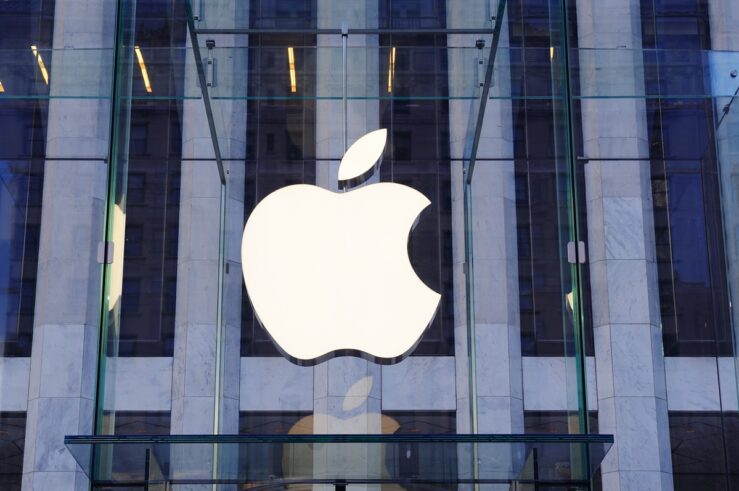My colleague Tom Hazlett strikes again in Barron’s on Google’s transformation from its initial reluctance to advertise and its desire to stick to the non-profit sector to an unrelenting market driven approach to its discovery that search-term clicks were … well … profitable. Here’s Hazlett:
They discovered that Google’s clean page layout provided a clean frame for mercantile ethics. Google would display “organic” search results on the left, with paid ads neatly above and stacked to the right. It assured users: Here are Google’s picks along with some commercials; let your mouse be the judge. Within months, search-term clicks became not just a cash cow for Google, but a stampeding herd.
Google’s search for revenue led them to the cash register, and society has benefited.
In a decade, the company has gone from zero to handling more than 70% of all search queries. Market forces have delivered what nonprofit institutions only dream of. As Google broadened the terms of its motivating motto, “Don’t Be Evil,” to include commercialism, dazzling innovations arose and millions of users flocked to it. Google’s advertisers today pay for your search terms, your e-mail messages and millions of lifestyle clues lurking in terabytes of personal-data storage.
In their 1998 paper, the Googlers cited Prof. Ben Bagdikian’s theory of Media Monopoly. Page and Brin swallowed the idea that U.S. media markets were controlled by a cabal of corporations, manipulating content to protect advertisers, and stifling competitive entry to protect their shareholders. According to Bagdikian, just four megacompanies share the U.S. Media Monopoly: Disney, News Corp., Time Warner and Viacom. (News Corp. is the corporate parent of Dow Jones, publisher of Barron’s.) Resistance was futile.
If Brin and Page had been deterred by the bleak forecast offered by Bagdikian, Google today would not be worth some 90% of the capitalization of the four media oligarchs combined.




